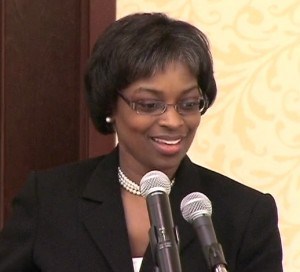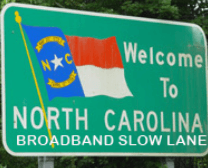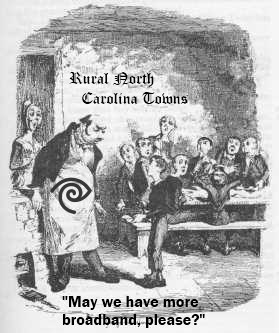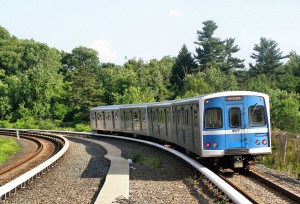Federal Communications Commissioner Mignon Clyburn thinks Time Warner Cable-sponsored legislation to regulate community-owned Internet Service Providers in North Carolina is a barrier to broadband improvement and could create economic harm across the state.
The commissioner, who hails from the Carolinas, today issued a statement expressing serious concerns about H.129, Rep. Marilyn Avila’s (R-Time Warner Cable) bill to hamper community-owned competition for large cable and phone companies in the state.
“I have serious concerns that as the Federal Communications Commission continues to address broadband deployment barriers outlined in the National Broadband Plan, new obstacles are being erected that are directly contrary to the Plan’s recommendations and goals,” Clyburn said.
Clyburn called out the legislation starting with the name of the bill – ‘Level Playing Field/Local Government Competition.’
“[…] Do not let the title fool you. This measure, if enacted, will not only fail to level the playing field; it will discourage municipal governments from addressing deployment in communities where the private sector has failed to meet broadband service needs,” Clyburn said. “In other words, it will be a significant barrier to broadband deployment and may impede local efforts to promote economic development.”
Clyburn noticed such legislation delivers benefits to major telecommunications corporations, but doesn’t deliver any improvement or competition in rural and small sized cities that suffer with low speed DSL, or no broadband service at all. North Carolina currently ranks 41st out of 50 states in broadband delivery and quality.
Clyburn spent time in North Carolina last year defending community-owned broadband developments, commending them for bringing Internet access to communities either without service, or woefully underserved.
H.129 has passed the House of Representatives in the North Carolina legislature and is now pending in the Senate.


 Subscribe
Subscribe







